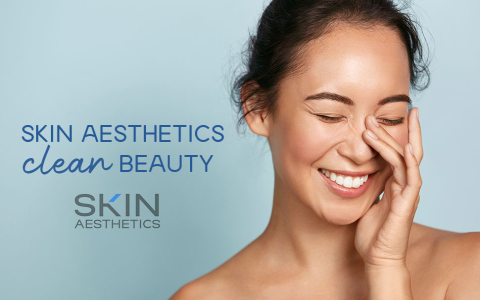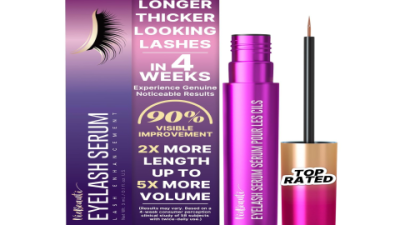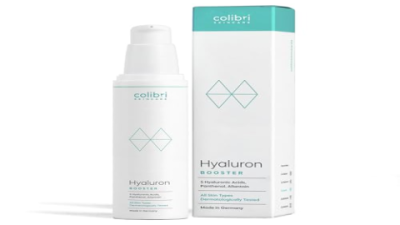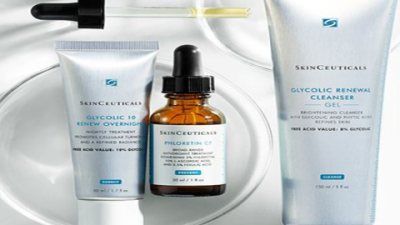Honestly? Finding the perfect brightening serum feels like searching for a needle in a haystack sometimes. I've been down this rabbit hole more times than I care to admit, and let me tell you - not all serums are created equal. The whole journey toward getting that Instagram-worthy, even-toned skin has become this massive obsession for so many of us, hasn't it?
The thing is, we're living in this weird time where everyone's skin looks flawless on social media, but in reality, most of us are dealing with dark spots, uneven tone, or that dull complexion that just won't budge no matter what we try. I remember when I first started looking into brightening serums - I was overwhelmed by all the science-y terms and fancy packaging. But here's what I've learned after years of trial and error (and yes, some expensive mistakes).
Why Advanced Brightening Serums Actually Work
Look, I'm not a chemist, but I've spent enough time researching this stuff to understand the basics. These advanced brightening serums aren't just your grandmother's cold cream with fancy marketing. They're actually pretty sophisticated when you dig into what makes them tick.
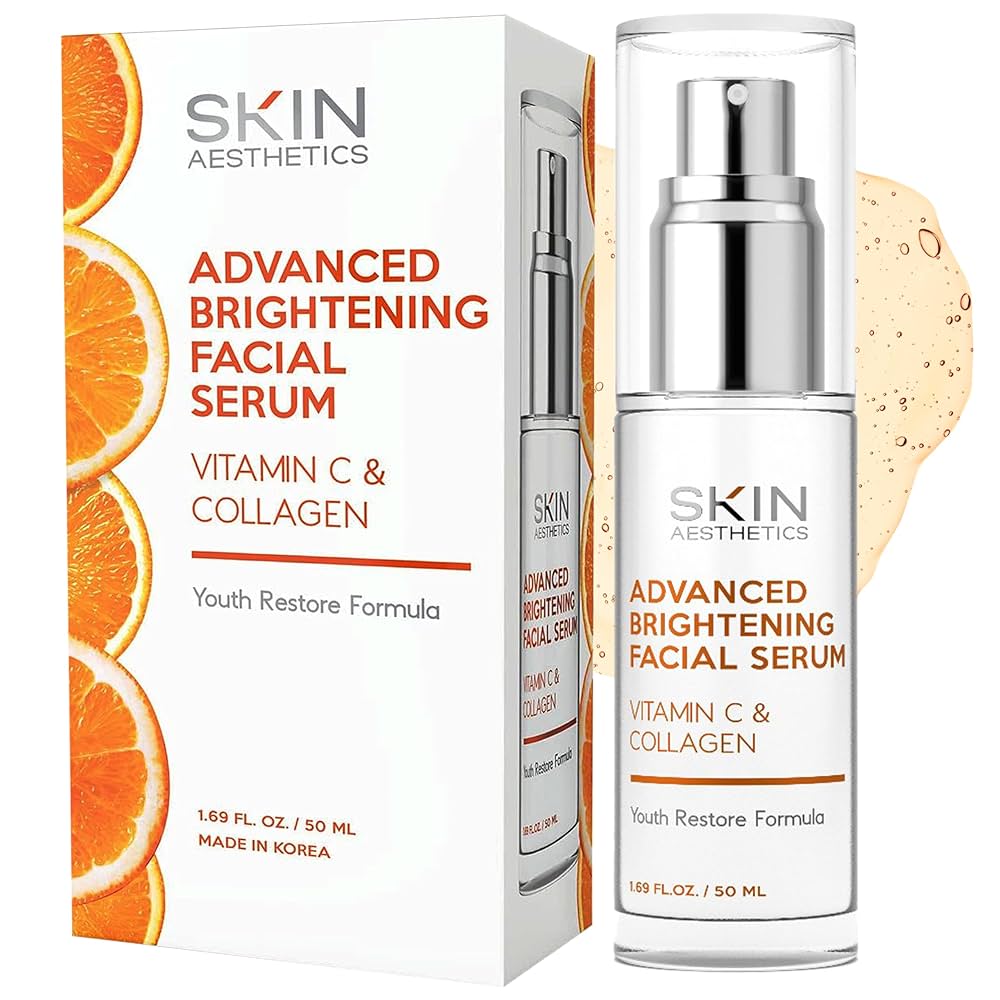
The whole thing comes down to melanin - that's the stuff that gives our skin color. Sometimes our skin gets a bit overzealous producing it, especially after sun damage, hormonal changes, or just because genetics decided to throw us a curveball. What these serums do is basically tell your skin to chill out with the melanin production while helping speed up the natural process of getting rid of the excess pigment that's already there.
I find it fascinating (maybe I'm a skincare nerd now?) how these formulations work on multiple levels. It's not just about slapping some vitamin C on your face and hoping for the best - though vitamin C is definitely a superstar ingredient.
The Heavy Hitters: Ingredients That Actually Matter
Vitamin C - The OG Brightener
Okay, can we talk about vitamin C for a minute? This ingredient gets thrown around so much in skincare that it's almost become meaningless. But here's the thing - the type of vitamin C matters. A lot.
L-ascorbic acid is like the Ferrari of vitamin C - powerful, effective, but high-maintenance. You need to store it properly (hello, refrigerator storage), and it can be pretty harsh if you're not used to it. I learned this the hard way when I jumped straight into a 20% L-ascorbic acid serum and ended up with irritated, red skin for a week.
Then you've got the gentler cousins like magnesium ascorbyl phosphate and sodium ascorbyl phosphate. They're more stable, less likely to oxidize (you know, that brown color that means your serum is basically useless), and generally play nicer with sensitive skin. The trade-off? They might work a bit slower, but honestly, slow and steady wins the race with skincare.
Peptides - The New Kids on the Block
Peptides used to be this mysterious ingredient that only appeared in super expensive creams. Now they're everywhere, and for good reason. These little protein fragments are like messengers that tell your skin cells what to do.
Some peptides specifically target the enzymes responsible for melanin production. It's pretty cool science, actually - instead of just trying to fade existing dark spots, they work to prevent new ones from forming in the first place. I've noticed that serums with peptide complexes tend to give me more consistent results over time, even if they're not as dramatically fast as some other ingredients.
Natural Brighteners That Don't Mess Around
I have a soft spot for natural ingredients, probably because my skin tends to freak out with too many synthetic actives at once. Kojic acid from mushrooms, arbutin from bearberry, licorice root extract - these have been used for centuries in various cultures for skin brightening.
What I love about these is that they're generally gentler but still effective. Plus, there's something satisfying about using ingredients that have stood the test of time, you know? My current favorite serum actually combines licorice root with bakuchiol (which is like retinol's plant-based cousin), and it's been a game-changer for my skin without any of the irritation I used to get.
Real Talk: What Actually Works vs. Marketing Hype
Let me be honest about something - the skincare industry loves to overcomplicate things. I've fallen for the marketing more times than I'd like to admit. Those gorgeous before-and-after photos, the scientific-sounding ingredient lists, the promises of "transformation in just days!"
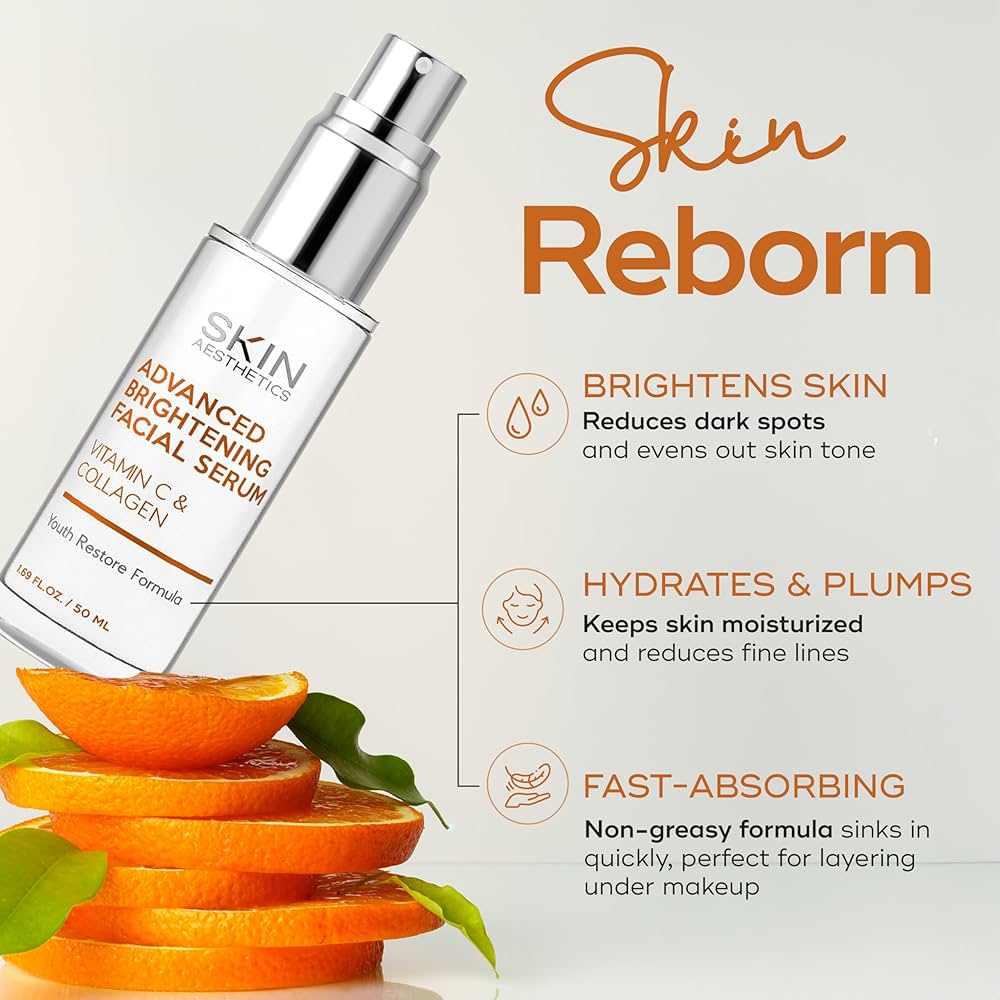
Here's what I've learned from actually using these products (and wasting money on some duds): the best brightening serums usually aren't the ones with the fanciest packaging or the most ingredients.
| What Actually Matters | What's Usually Marketing Fluff |
|---|---|
| Ingredient concentration and stability | Number of "exotic" ingredients |
| Proper pH levels for active ingredients | Fancy packaging and celebrity endorsements |
| Clinical studies on the specific formulation | Generic studies on individual ingredients |
| Suitable for your specific skin type | "One size fits all" claims |
I've tried serums that cost $ and did absolutely nothing for my skin, and I've found some gems under $ that completely transformed my complexion. Price doesn't always equal effectiveness - though I'll admit, the really cheap stuff is usually cheap for a reason.
My Personal Experience with Different Formulations
Okay, story time. I've probably tried about different brightening serums over the past few years. Some were amazing, some were disasters, and most fell somewhere in between.
My first serious brightening serum was this clinical-strength formula with 15% L-ascorbic acid. I was so excited - finally, something that looked serious and scientific! Big mistake. My skin wasn't ready for that level of intensity. I ended up with peeling, irritation, and honestly, my skin looked worse than when I started. Lesson learned: start slow, even if you're impatient for results.
Then I swung too far in the other direction and tried this gentle, "natural" serum that was basically expensive water with a tiny bit of vitamin C. Nothing. No irritation, but also no results after three months of consistent use.
The sweet spot, for me at least, ended up being a serum with stabilized vitamin C derivatives, some peptides, and a good dose of niacinamide for skin barrier support. It took about weeks to see real changes, but when they came, they were significant and lasting.
How to Actually Use These Things Without Screwing Up Your Skin
This is where I see so many people go wrong, including past me. They get a new serum, slather it all over their face twice a day, and wonder why their skin freaks out.
First things first - patch test. I don't care how gentle the product claims to be. Put a tiny bit on your inner wrist or behind your ear and wait hours. Trust me, it's better to find out you're sensitive to something on a small patch of arm skin than on your entire face.
When you start using a new brightening serum, begin with every other day, maybe even every third day if you have sensitive skin. Your skin needs time to build tolerance to active ingredients. I usually tell people to think of it like starting a new workout routine - you wouldn't run a marathon on day one, right?
Timing matters too. Most vitamin C serums work best in the morning because they provide antioxidant protection throughout the day. But if your serum has AHAs or other photosensitizing ingredients, evening application might be better. And please, please use sunscreen. These products can make your skin more sensitive to UV damage, and you'll just be creating new pigmentation while trying to fade the old stuff.
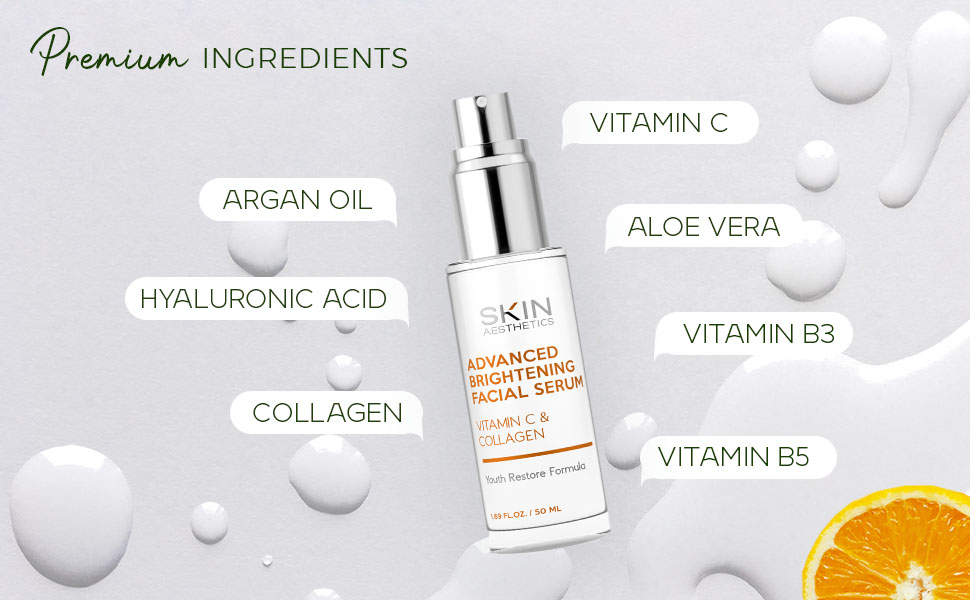
What to Realistically Expect (And When)
I'm going to be real with you about timelines because I think unrealistic expectations cause a lot of people to give up too early or hop from product to product without giving anything a fair chance.
Week 1-2: Honestly? You probably won't see much. Maybe your skin looks a bit brighter or more glowy, but dramatic changes are rare this early. Don't panic if you don't see Instagram-worthy transformation yet.
Week 3-4: This is when I usually start noticing subtle changes. My skin texture feels smoother, and that overall dullness starts lifting. Existing dark spots might look slightly less prominent.
Week 6-8: This is the sweet spot for me. Dark spots start fading more noticeably, overall skin tone becomes more even, and people start asking if I've been on vacation or done something different with my skincare.
Week 12+: Maximum results territory. This is when the cumulative effects really show. The key is consistency - using the product regularly for months, not weeks.
I know it sounds slow, but skin cell turnover takes about days in healthy adults, and it slows down as we age. You're literally waiting for new skin cells to replace the pigmented ones. There's no way to speed that up significantly without professional treatments.
The Sensitive Skin Struggle (Because That's Half of Us)
If you have sensitive skin, this whole brightening serum thing can feel like navigating a minefield. I've been there. You want the results, but every product seems to irritate your skin.
Here's what has worked for me and others with finicky skin:
- Start with the gentlest formulations - look for magnesium ascorbyl phosphate instead of L-ascorbic acid
- Buffer harsh ingredients by mixing them with your regular moisturizer
- Use less than the recommended amount at first
- Keep your routine simple - don't introduce multiple new products at once
- Look for serums with soothing ingredients like niacinamide, hyaluronic acid, or centella asiatica
Sometimes it takes trying several different formulations to find one that works with your skin. It's frustrating, but don't give up. There are gentle options out there that still deliver results.
Professional Treatments vs. At-Home Serums
I get asked about this a lot - should you invest in professional treatments or stick with at-home serums? The answer is... it depends on your budget, timeline, and how dramatic your pigmentation issues are.
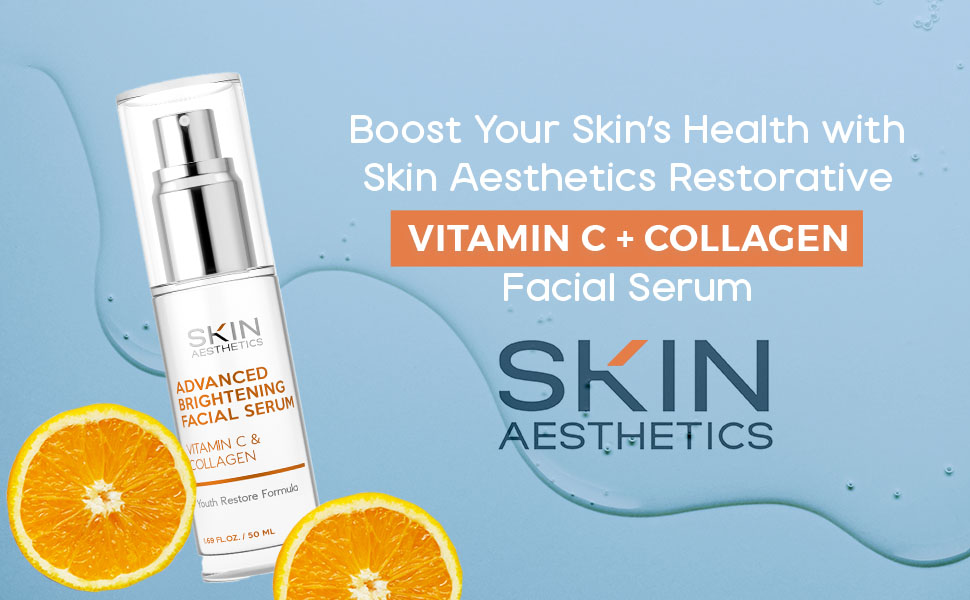
I've done both. Professional chemical peels gave me faster results, but they were expensive, required downtime, and honestly, kind of scary the first time. Plus, you still need a good at-home maintenance routine to keep the results.
At-home serums are slower but more manageable for most people. You can use them consistently without planning around recovery time, they're generally more budget-friendly in the long run, and the results, while gradual, tend to be more sustainable.
My personal approach now is to use high-quality at-home serums consistently and maybe do a professional treatment once or twice a year for a boost. But honestly, I get great results with just the at-home routine now that I've found products that work for my skin.
Common Questions I Get Asked All the Time
Can I use brightening serums if I have dark skin?
Absolutely! Good brightening serums work by evening out skin tone and fading hyperpigmentation, not by lightening your natural skin color. The goal is to get rid of dark spots and discoloration while maintaining your skin's natural, beautiful tone.
That said, people with darker skin tones should be extra careful about choosing products that specifically target hyperpigmentation rather than overall "lightening." Look for serums that mention evening skin tone, fading dark spots, or targeting post-inflammatory hyperpigmentation.
What about using these with other skincare actives?
This is where things get tricky, and I've definitely made some mistakes mixing incompatible ingredients. Vitamin C and retinol can work together, but timing and formulation matter. I prefer vitamin C in the morning and retinol at night to avoid any potential interactions.
AHAs and BHAs can actually enhance the effects of brightening ingredients by helping with cellular turnover, but again, introduce them slowly and not all at once.
Niacinamide plays well with almost everything and can actually help buffer more irritating ingredients, so I look for serums that include it.
Do I need to stop using these in summer?
Not necessarily, but you need to be extra careful about sun protection. Some ingredients, especially AHAs, can increase photosensitivity. I actually find that vitamin C serums provide additional antioxidant protection during summer months.
The key is consistent, broad-spectrum sunscreen use. And I mean every day, not just when you're going to the beach. UVA rays (the ones that cause most of the damage) come through windows, so even if you're mostly indoors, you still need protection.
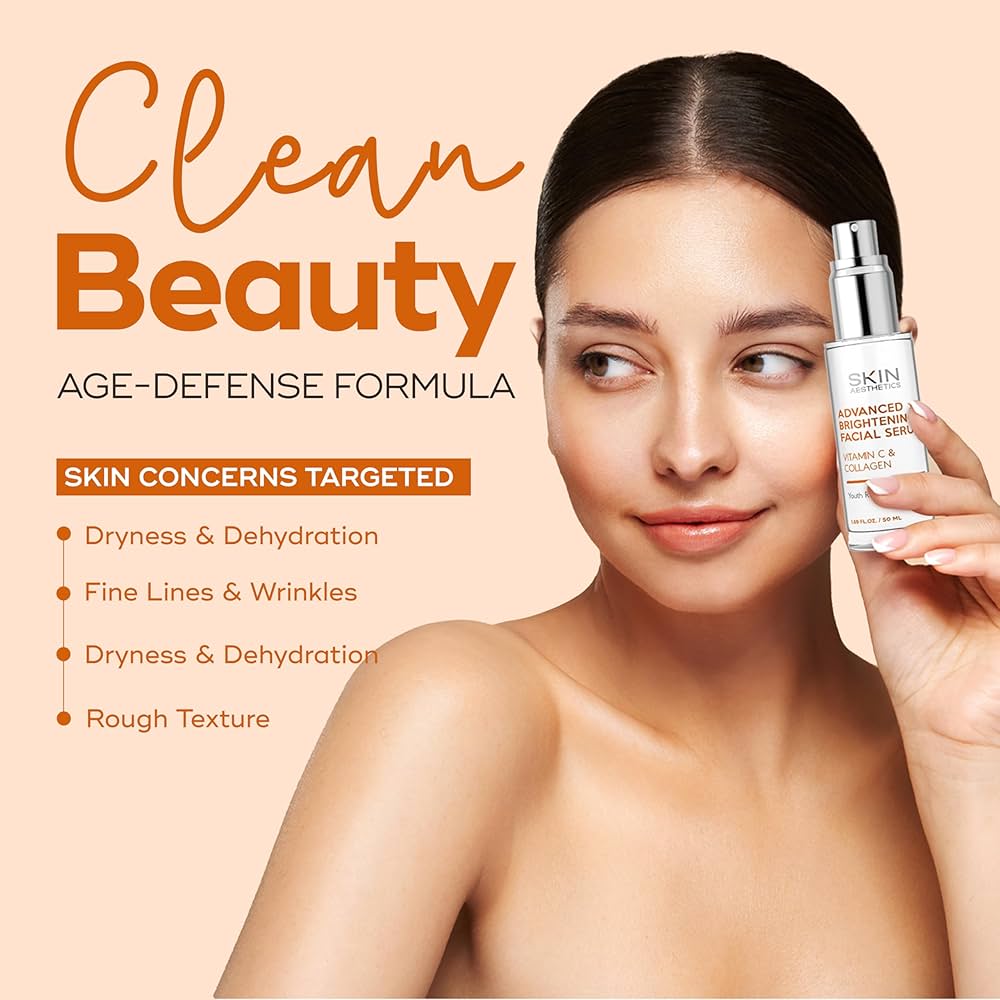
How do I know if a serum is working or if I should switch?
This is probably the question I struggle with most. It's tempting to switch products if you don't see dramatic results quickly, but most brightening ingredients need time to work.
I give a serum at least 8- weeks of consistent use before deciding it's not working. If I see absolutely no changes by week 6-8, or if I'm experiencing persistent irritation that doesn't improve as my skin adjusts, then I'll consider switching.
Keep progress photos! Seriously, take pictures in the same lighting conditions every few weeks. Changes happen gradually, and it's hard to notice day-to-day improvements when you see your face in the mirror constantly.
My Current Top Picks (And Why)
I'm always hesitant to recommend specific products because what works for my skin might not work for yours, but I'll share what's currently working for me and why.
For everyday use, I'm loving a serum that combines 10% magnesium ascorbyl phosphate with kojic acid and licorice root extract. It's gentle enough for daily use but effective enough that I see consistent improvements. The texture is lightweight, it doesn't pill under sunscreen, and it hasn't caused any irritation even after months of use.
For more intensive treatment, I rotate in a peptide-based serum a few times a week. It's more expensive, but I notice that my skin looks more even and refined when I use it consistently.
I've also been experimenting with a bakuchiol-based serum that combines brightening with gentle anti-aging benefits. It's newer to my routine, so I can't speak to long-term results yet, but so far, so good.
Final Thoughts (Because This Got Longer Than Expected)
Listen, finding the right brightening serum is a journey, not a destination. What works for your friend might not work for you, and that's okay. The key is being patient, consistent, and realistic about expectations.
Don't get caught up in the marketing hype or the pressure to find the "perfect" product immediately. Start with something gentle and well-reviewed, give it time to work, and adjust from there based on how your skin responds.
And remember - good skin isn't just about the products you use. Sleep, hydration, stress management, and a healthy diet all play roles in how your skin looks and feels. These serums are tools, not magic potions.
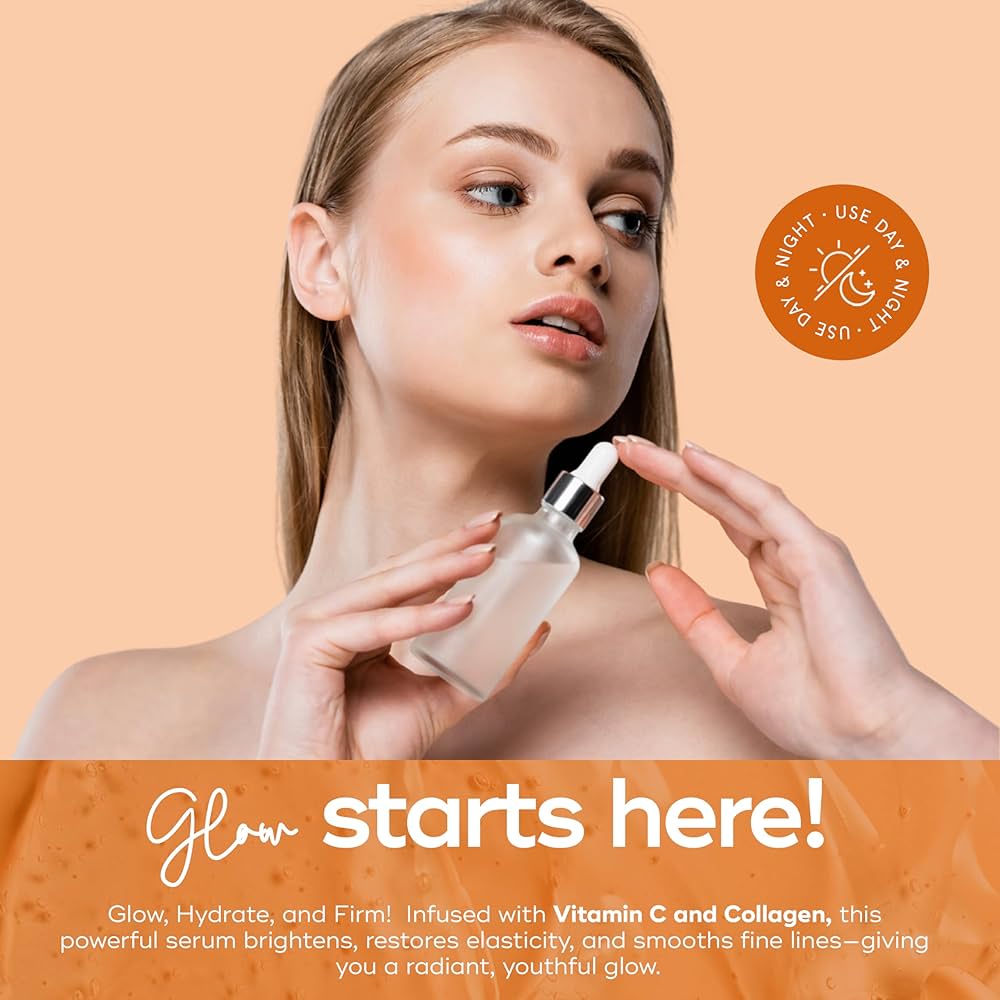
Most importantly, be kind to yourself throughout the process. We're all just trying to feel confident in our own skin, and that's a beautiful thing. Whether your skin is perfect or perfectly imperfect, you're worth the time and effort it takes to take care of yourself.
Now go forth and glow - but don't forget that sunscreen!
